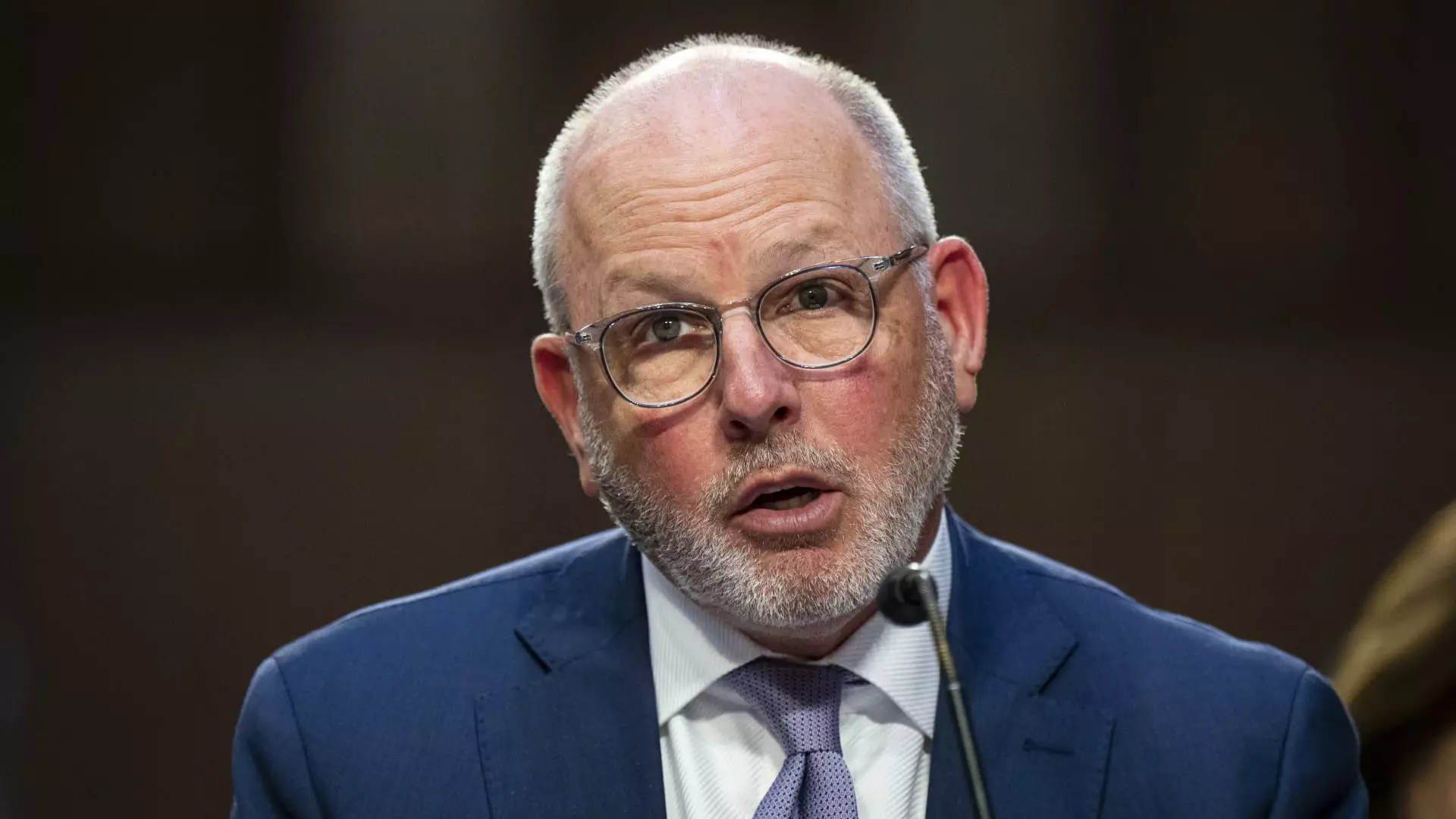In the complex landscape of the American healthcare system, Pharmacy Benefit Managers (PBMs) have emerged as significant yet controversial players. With their primary role in negotiating drug prices and managing prescription plans, PBMs like CVS Health’s Caremark have garnered scrutiny for contributing to the soaring costs of medications. Recently, CVS Health CEO David Joyner publicly defended PBMs against accusations of inflating medication prices, suggesting instead that pharmaceutical manufacturers are largely to blame for the high costs observed in the United States.
PBMs have integral responsibilities, including negotiating rebates with drug manufacturers, curating drug formularies, and reimbursing pharmacies. By acting as intermediaries, they are positioned to leverage their negotiating power to keep costs down. However, the narrative surrounding their influence remains polarized, as accusations of overcharging and withholding savings from patients have created an increasingly tense environment.
During a recent quarterly earnings call, Joyner’s emphasis on defending the role of PBMs was notable. His statements came at a time when both legislative entities and the public increasingly question the value PBMs provide amidst rising healthcare costs. Joyner pointed out that despite rising expenditures attributed to increased service utilization and price hikes from manufacturers, PBMs like Caremark remain fundamental to mitigating costs. In his view, the focus should shift away from PBMs and instead scrutinize the monopolistic practices of pharmaceutical companies that he claims perpetuate high prices.
While Joyner insists that Caremark and its peers serve as critical protective forces against price hikes imposed by drug manufacturers, the ongoing debate raises questions about accountability and transparency within the industry. Lawmakers from various political backgrounds, as well as consumer advocacy groups, have expressed concerns about the opacity of how PBMs operate and the rebates they negotiate. Critics argue that the savings achieved via these negotiations are not always transferred to patients, thus undermining the supposed advantages PBMs claim to offer.
Joyner cited a staggering $21 billion increase in gross drug spending attributed to drug manufacturers’ price hikes early in 2023 and claimed PBMs yield over $100 billion in savings for the healthcare system yearly. However, the lack of specific data backing these claims significantly weakens his argument and raises more skepticism about the actual cost savings generated by PBMs. Statements like this promote further scrutiny of the effectiveness and efficiency of PBM arrangements, leading consumers to wonder whether these corporate entities serve more as profit centers for insurers rather than cost savers for patients.
Calls for reform from multiple sides continue to echo through the corridors of power. Significant investigations are ongoing, and both Congress and state-level attorneys general have taken an interest in curtailing the perceived excesses of PBMs. The Pharmaceutical Research and Manufacturers of America (PhRMA)—the leading lobby for drug manufacturers—asserts that PBMs are in dire need of oversight and accountability, framing the current situation as one of “intense scrutiny.”
The real question remains: what is the value proposition offered by PBMs? If they are purportedly generating substantial savings, why are those savings not reflected in patient costs or premiums? The societal demand for affordable medication continues to clash with the financial realities imposed on both patients and providers. Advocates for reform argue that the healthcare pricing model requires a fundamental overhaul—one that promotes transparency and prioritizes patient needs over corporate profits.
As the national discussion evolves, the roles of PBMs and pharmaceutical companies are inevitably reconsidered. Robust dialogue must include strategies that will hold all parties accountable while ensuring that patients receive the medications they need at a price they can afford. A balanced healthcare system should prioritize cost-effectiveness and accessibility while maintaining a level of scrutiny towards organizations that thrive within it.
While the defense of PBMs by leaders like David Joyner reveals their significance in negotiations, it also highlights the urgent need for enhanced transparency and accountability throughout the pharmaceutical supply chain. Only through systemic reforms can we hope to address the challenges surrounding drug pricing and ensure that the benefits of lowered costs reach those who need them the most.


Leave a Reply